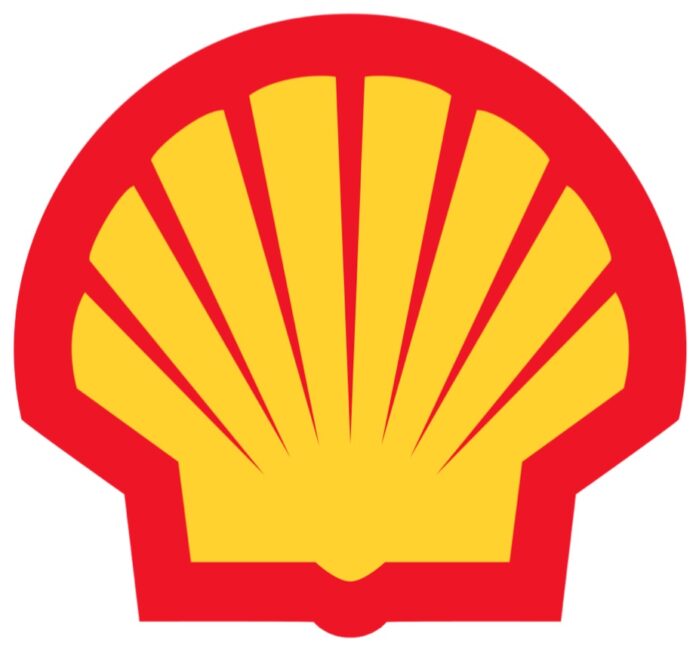Oil markets responded on Tuesday to reports that Shell is in early discussions to acquire rival BP, in what could become the largest oil industry deal in decades.
According to The Wall Street Journal, which cited unnamed sources familiar with the matter, the acquisition talks are in preliminary stages and could potentially value BP at over $80 billion.
Shell publicly denied any active negotiations and called the reports “market speculation,” in a statement aimed at quelling mounting investor questions. Still, the buzz sent BP shares sharply higher during early trading hours on June 25, with a spike of 6.5% to 10% before settling at a more modest 1.7% gain by the close. Shell’s shares, on the other hand, dipped between 1% and 3%.
If a deal were to proceed, it could reshape the global energy landscape by creating a European oil supermajor to rival American giants like ExxonMobil and Chevron. Such a move would face a complex web of regulatory scrutiny, particularly from competition and antitrust authorities in both the UK and the European Union.
Some sources, including CNBC, have suggested a full acquisition may be unlikely. One scenario under consideration involves breaking BP into parts to be sold off to multiple buyers — including Shell.
For now, talks appear to be progressing slowly, with no agreement on the table and no certainty that a deal will be finalized.
